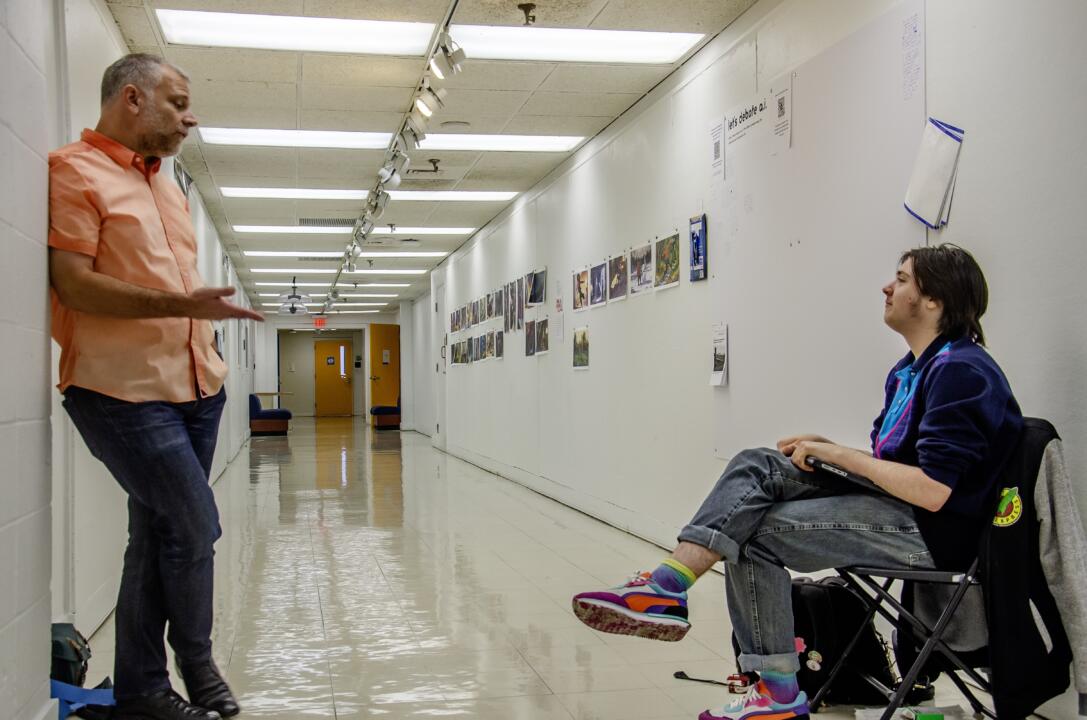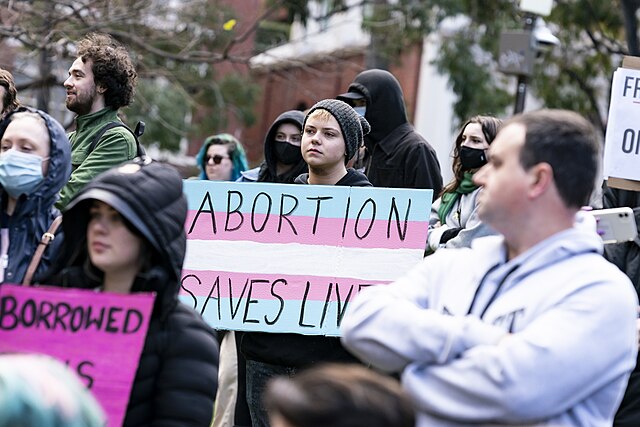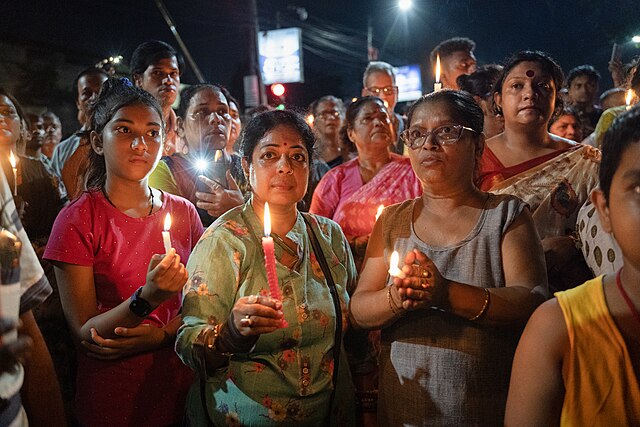Syria
Heavy fighting resumed in Syria last week, with airstrikes in rebel-held areas of Syria killing scores and destroying a hospital supported by the international aid groups Doctors Without Borders and the International Committee of the Red Cross.
Although a ceasefire had been in effect for two months, the 24 hour period between last Wednesday and Thursday saw over 60 people killed in Syria’s largest city Aleppo, which used to be the country’s commercial center.
The airstrikes that collapsed the hospital on Wednesday night left 14 patients and medical staffers dead, including one of Aleppo’s last pediatricians. “I cannot express how high the stakes are for the next hours and day,” said the chairman of the United Nations’ humanitarian task force on Syria, when referring to the deterioration of the truce between rebel and government forces.
It was not immediately clear who carried out the airstrike; rebel forces have blamed the government and their Russian allies, but the Russian Foreign Ministry denied any involvement in launching air strikes in the past few days. US Secretary of State John Kerry said in a statement, “Russia has an urgent responsibility to press the regime … including in particular to stop attacking civilians, medical facilities, and first responders and to abide fully by the cessation of hostilities.”
The medical facility, Al-Quds hospital, had an emergency room, an intensive-care unit and eight doctors and 28 nurses on staff, according to Doctors Without Borders.
England
Last Tuesday marked the beginning of England’s first ever all-out strike by doctors in the United Kingdom’s National Health Service. The strike mounted as junior doctors continue to protest against new contracts they say are unsafe and are being forced upon them.
Thousands of junior doctors – medical practitioners who are working while completing their years of training – walked out of both routine and emergency care in the latest of a series of strikes over working hours and pay. Tuesday’s strike was the first, however, that has affected intensive care, as well as maternity, accident and emergency wards.
Currently, hours between 7 p.m. and 7 a.m., as well as any time worked over the weekend, are classified as “antisocial” and are paid more than normal working hours. New contracts, however, want to strip some of the higher-paid hours away from doctors as part of a government promise to create a “seven-day NHS.” (Antisocial hours would become 10 p.m. to 7 a.m., and 7 a.m. to 7 p.m. on Saturdays.)
The government has offered a 13.5 percent basic pay raise as a result, but the trade union British Medical Association says that the raise is offset by the reduction in higher-paid antisocial hours, especially Saturday pay. As is characteristic of the long standing dispute between the government and the BMA, the government has disputed the BMA’s claim, saying that 75 percent of doctors will take home a pay raise.
The NHS said “military level” contingency planning had been carried out to protect patient safety during the 48-hour strike. Nearly 13,000 operations and more than 100,000 appointments were cancelled while more senior nurses and doctors were deployed into emergency care.
Colombia
Colombia became the fourth South American country last week to legalize same-sex marriage, following a ruling by the country’s constitutional court.
“The judges affirmed by a majority that marriage between people of the same sex does not violate constitutional order,” said presiding Judge Maria Victoria Calle to the court. Colombia’s ruling places them alongside Argentina, Brazil and Uruguay in formally recognizing the right to marry for same-sex couples.
Before last week’s constitutional court decision, former rulings allowed gay couples to formalize their unions before notaries and judges, but marriage remained a long-time legal grey area and appeals were launched against it.
Because congress had failed to pass any legislation formally recognizing same-sex marriage prior to the recent ruling, many officials had refused to register same-sex marriages, prompting protests from gay rights advocates.
Six of the court’s nine judges approved the ruling that “all people are free to choose independently to start a family in keeping with their sexual orientation … receiving equal treatment under the constitution and the law.”
Going forward, state judges, notaries and clerks will be required to ensure that Colombian citizens’ fundamental rights are observed and that they are all granted equal treatment.



